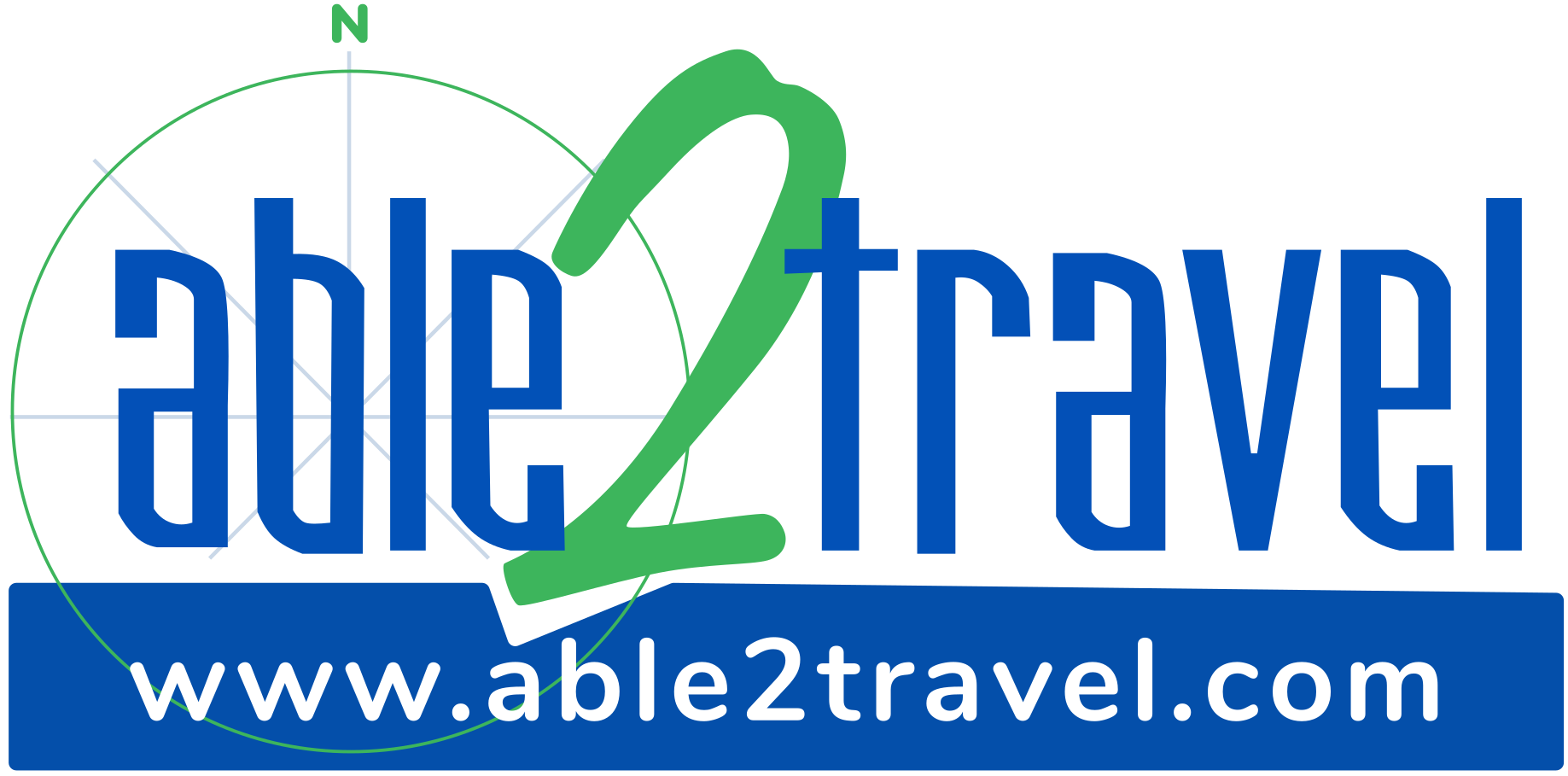What is an ETIAS VISA waiver, and will I need one?
Posted in General Travel Insurance Travel Insurance , Repatriation on 12 October 2022

From November 2023 onwards, UK residents will have to acquire an ETIAS VISA Waiver in order to visit any country that is part of the Schengen Area. It is inevitable that you will have many questions in regards to this, probably non-more so than what is an ETIAS Waiver, why do you need one, and for some of you, what is the Schengen Area? We will explain the answers to these questions below and attempt to prepare you for when these changes come into effect late next year.
What is an ETIAS VISA waiver?
The European Travel Information and Authorisation System or ‘ETIAS’, has been created to strengthen Europe’s combined borders and help identify any potential threats or risks potential travellers pose to these countries.
Please bear in mind that ETIAS is NOT a VISA but is instead an Electronic Travel Authorisation. Once ETIAS has been successfully implemented, it will become a mandatory requirement for anyone attempting to enter the Schengen Area from a third country by Air, Land, or Sea.
Once you have obtained your ETIAS waiver, it will last for 3 years or until your passport expires, whichever comes first. What’s more, as the Schengen Area members acknowledge the abolishment of internal borders, you will not be required to purchase a new ETIAS waiver for each country you visit. Furthermore, the ETIAS waiver is valid for stays of up to 90 days in any 180 day period but you will be required to apply for your waiver at least 96 hours before your scheduled departure date.
Most applications should be reviewed and processed within minutes, however, it is still best to apply well in advance of your trip in case there are any unexpected complications. Applications can be made online via desktop, mobile, or tablet but you won’t be able to apply for one just yet.
Why do you need an ETIAS waiver?
Whilst UK residents have enjoyed the same travel freedom for a period of time post Brexit with the EU as they had previously, now the UK is no longer a member of the EU, nor has it formed a Common Travel Area (CTA) with EU countries (except for the Republic of Ireland). Therefore, the UK will now be subject to any new border related rules the EU or Schengen Area bring in.
The Schengen Area is currently looking to strengthen its border security to make the CTA a safer place and to do so, they have decided to bring in a new border security measure in ETIAS, which is similar to the USA’s ESTA (Electronic System for Travel Authorisation) system.
However, as the UK will be a launch member of ETIAS, UK residents will be eligible for an ETIAS VISA waiver rather than being required to obtain a Schengen VISA. The ETIAS waiver is designed to be a quicker, simpler process compared to obtaining a Schengen VISA.
What is the Schengen Area?
This article has repeatedly made reference to the Schengen Area without fully explaining exactly what it is. The Schengen Area is a border free area which guarantees free movement between member states. This means that any citizens of member states can travel, live, and work in any other member country without being required to obtain special formalities, such as a VISA.
Currently, 22 countries form part of the Schengen Area, these include:
- Austria
- Belgium
- Luxembourg
- Netherlands
- Germany
- France
- Spain
- Portugal
- Sweden
- Finland
- Denmark
- Lithuania
- Latvia
- Estonia
- Poland
- Slovakia
- Hungary
- Slovenia
- Italy
- Greece
- Czech Republic (Czechia)
- Malta
However, there are other ‘non-EU Schengen member states’, ‘non-Schengen EU states’, and ‘Micro-states’ that are de facto part of the Schengen Area that will all also require an ETIAS waiver to enter once the system goes live in November 2023.
Non-EU Member States
- Iceland
- Norway
- Liechtenstein
- Switzerland
Non-Schengen EU States
- Bulgaria
- Croatia
- Cyprus
- Romania
Micro-States that are part of the Schengen Area
- Monaco
- San Marino
- Vatican City
The introduction of the ETIAS VISA waiver will increase security across all Schengen member states which will make travelling to any of these countries much safer. Authorities in these countries will be able to pre-screen visitors from VISA exempt countries without compromising their VISA-free status, meaning they are able to legally stop dangerous individuals, or individuals carrying contagious diseases from entering the country.
What do you need in order to get an ETIAS VISA waiver?
To apply for an ETIAS waiver you will need a valid passport, an email address, and a credit or debit card to pay the application fee.
As part of the application process, you will also be required to provide;
- Personal Information – such as full name, DOB, nationality etc…
- Passport information
- Current address
- Intended first destination
It has been approximated that the application will take about 20 minutes to complete but this will depend on the number of additional fields you are required to fill in.
Where can I get an ETIAS VISA waiver from?
You can apply for your ETIAS VISA waiver from the ETIAS VISA waiver website which you can find here. As the system is not currently in place, you do not need to worry about applying for one right away. Applications will open from 2023 and the system is due to be in place from November of that year.
Useful ETIAS Information
How much will an ETIAS waiver cost? - €7 but those aged under 18 or over 70 will not be charged.
Do I need an ETIAS waiver if I’ve got a Schengen VISA? – No. The ETIAS waiver is designed for citizens of countries who do not require a Schengen VISA but equally, are not part of the Schengen Area. Therefore, you will either require a ETIAS waiver OR a Schengen VISA but never both!
Will there be any other requirements alongside the ETIAS waiver to enter the Schengen Area? – Not currently, however, you will be required to have an e-passport that is machine readable, i.e. a passport that allows you to pass through an e-gate at airports.
The Republic of Ireland is in the Schengen Area, as a UK citizen will I need an ETIAS to travel there? – No. Ireland forms a CTA with the UK and under these terms, UK citizens can travel freely to the Republic of Ireland.
I have dual citizenship with an EU country, do require an ETIAS waiver? – No. You should use the passport of the EU country you have dual citizenship with to enter and exit the Schengen Area.
Travelling to the EU? Get Travel Insurance with Able2Travel
If you are planning on visiting a European destination, then don’t forget the importance of having a high-quality Travel Insurance policy in place to protect you before you travel.
Able2Travel Travel Insurance policies include cover for the following:
- Three levels of Travel Insurance Cover to meet your needs and budget.
- Emergency Medical Expenses up to £10,000,000 (including repatriation)
- Cancellation or Curtailment up to £5,000.
- Missed Departure up to £1,000.
- Personal Baggage up to £3,000.
- And much more…
You can get an Able2Travel Travel Insurance quote by clicking the “Get A Quote” button on our website or by calling our helpful team on 01483 806 826.
This article is for information and entertainment purposes only. It does not constitute advice in any way. The information provided here is correct at the time of writing however please check the latest policy wording for the latest terms, conditions, and exclusions.
Other Related News Articles...
- Heathrow’s Closure: What It Means for Your Travel Plans


